A Beginner's Guide to Sourcing Canned Tomatoes
Discover why canned tomatoes are a staple for chefs and food manufacturers worldwide. Learn about their versatility, long shelf life, and consistent quality, making them indispensable in kitchens and food production. This guide dives into sourcing strategies, from selecting the perfect tomato type—diced, whole, paste, or crushed—to evaluating suppliers based on certifications like HACCP and BRCGS. Whether you're a buyer or supplier, mastering canned tomato sourcing can boost efficiency, maintain product quality, and satisfy evolving consumer tastes. Start your journey to smarter sourcing today!
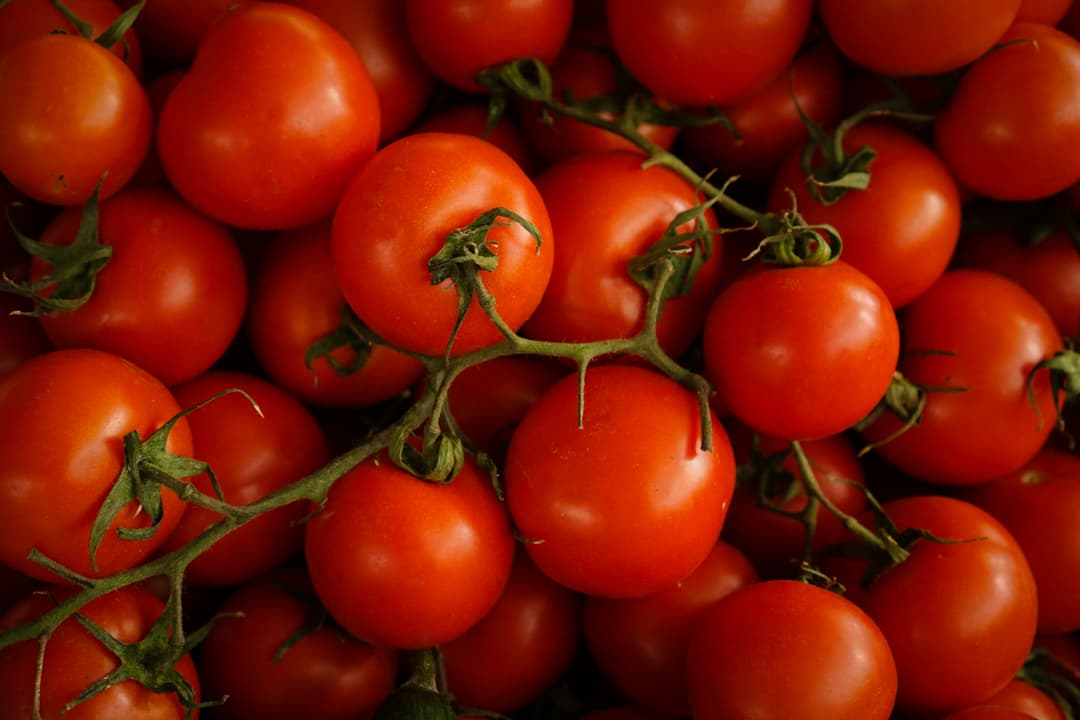
200+ buyers trust Torg for sourcing

Canned Tomatoes: The Cornerstone of Comfortable Cooking
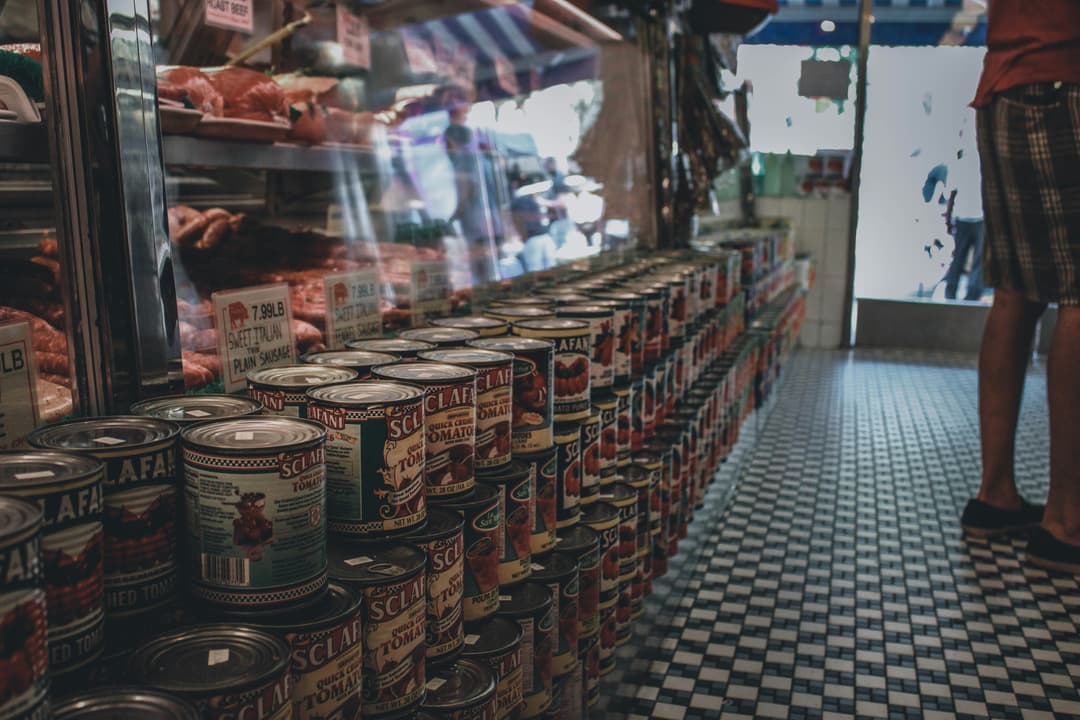
From the rich marinara sauces that grace Italian pasta dishes to the hearty soups that comfort us on cold days, canned tomatoes are an indispensable product in both commercial and home kitchens.
Market Significance
Given how important it is for a wholesome culinary experience, the global demand for canned tomatoes is always at an all-time high. In 2020, the global canned tomatoes market was valued at USD 11.7 billion and is projected to reach USD 19.5 billion by 2030, at a CAGR of 5.3%. This demand is fueled by several key factors such as:
- Convenience: Canned tomatoes offer unparalleled ease of use, eliminating the need for washing, peeling, or chopping fresh tomatoes. This ready-to-use format saves time and effort, making them a go-to ingredient for busy cooks and professional chefs alike.
- Long Shelf Life: Unlike fresh tomatoes, which are perishable and seasonal, canned tomatoes can be stored for months or even years without compromising their quality. This makes them a reliable pantry item, ensuring year-round access to tomatoes regardless of growing seasons.
- Consistent Quality: Canned tomatoes are typically processed at their peak ripeness, preserving their optimal flavor, texture, and nutritional value. This ensures that each can delivers a consistent product, free from the confines of variability often found in fresh produce.
- Versatility: A cornerstone of global cuisine, canned tomatoes are incredibly adaptable and can be used in a wide range of dishes. From soups, stews, and sauces to curries, casseroles, and baked goods, their versatility in preparation methods and culinary styles makes them an indispensable ingredient.
Why Quality Sourcing Matters
For food manufacturers, distributors, and retailers, the quality of canned tomatoes is not just a minor detail—it's a critical business consideration. In an era where convenience and health are paramount, canned tomatoes are a strategic business solution. The right sourcing strategy can:
- Ensure consistent product quality
- Control production costs
- Meet consumer expectations
- Maintain brand reputation
- Optimize supply chain efficiency
- Provide incredible versatility
For buyers and suppliers looking to stay ahead of the curve, canned tomatoes aren't just a product—they're a competitive advantage. By investing in high-quality canned tomato products, you're not just sourcing an ingredient; you're fueling innovation and satisfying the ever-evolving consumer palate.
Whether you're looking to source a small quantity for a local restaurant or massive volumes for industrial food production, this guide will equip you with the knowledge to make smart, strategic purchasing decisions in the world of canned tomatoes.
Unlocking the Power of Canned Tomatoes: A Game-Changing Ingredient for Buyers and Suppliers
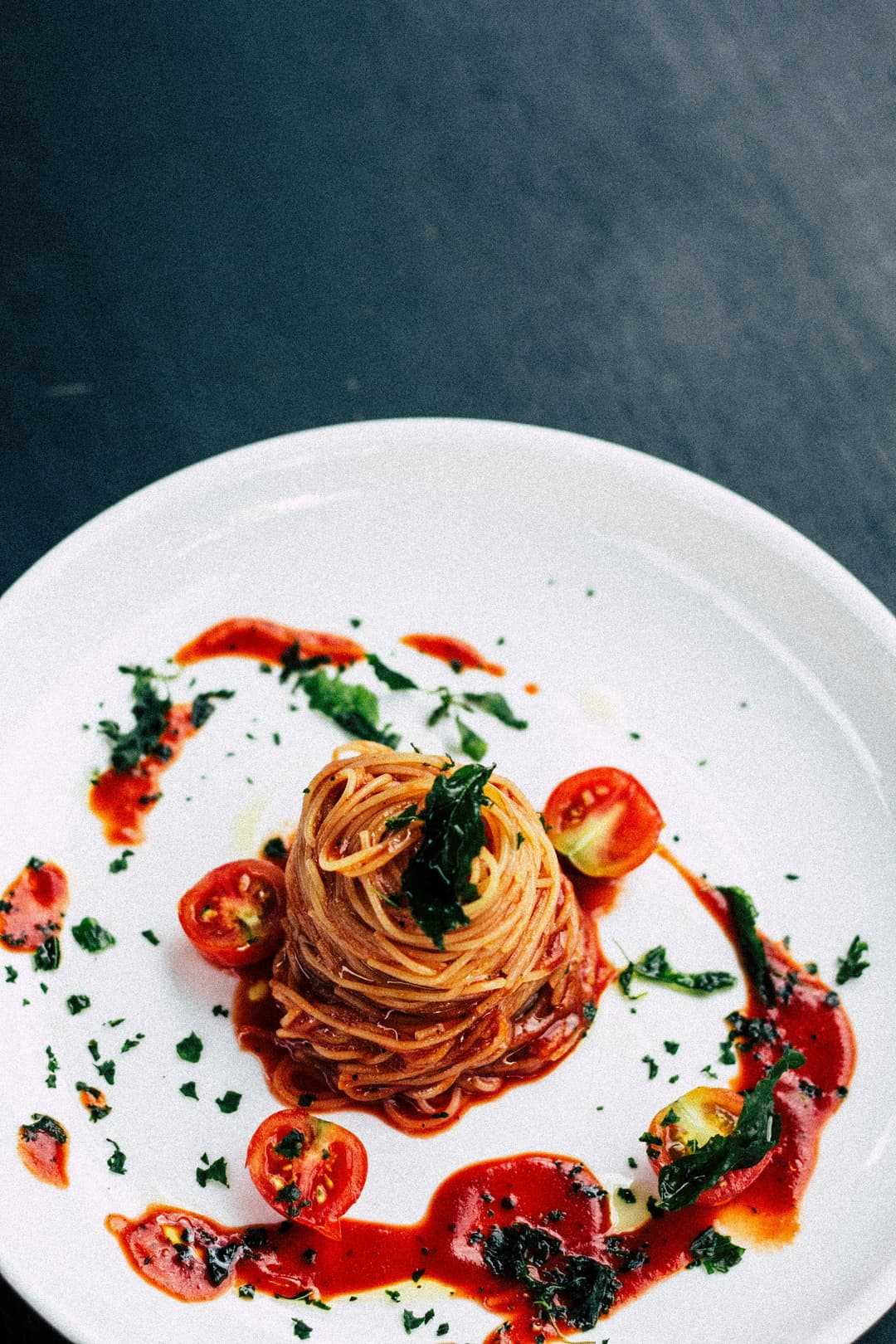
In the dynamic world of food production, canned tomatoes have emerged as a secret weapon for manufacturers and suppliers seeking reliability, versatility, and value. Let's dive into why these ruby-red gems are revolutionizing the culinary landscape.
The Unstoppable Advantages of Canned Tomatoes
Convenience Meets Durability
Imagine an ingredient that laughs in the face of logistics challenges. Canned tomatoes do just that! With an impressive shelf life that makes other ingredients jealous, these tomatoes are the ultimate storage solution. Whether you're managing a small retail operation or running a massive production line, canned tomatoes simplify your inventory management like magic.
Consistency is King
Forget the rollercoaster of seasonal produce variations. Canned tomatoes deliver a reliability that's music to a manufacturer's ears. Every can promises the same exceptional flavor and texture, ensuring your products maintain that gold-standard quality consumers crave.
A Budget-Friendly Nutrition Powerhouse
Here's where it gets exciting: canned tomatoes aren't just convenient—they're a nutritional jackpot. Packed at the peak of ripeness, they're loaded with lycopene, vitamins A and C, and fiber. Talk about getting maximum health benefits without compromising on cost-effectiveness!
A Culinary Chameleon: Global Versatility
Canned tomatoes are the ultimate ingredient globetrotter. From the rich pasta sauces of Italy to the fiery salsas of Mexico, from the Mediterranean shakshuka to Indian curries, these tomatoes slide seamlessly into any cuisine. Manufacturers can transform them into:
- Smooth tomato paste.
- Chunky diced delights.
- Silky crushed variants.
Canned Tomatoes Decoded: Your Ultimate Guide to Choosing the Perfect Tomato Form
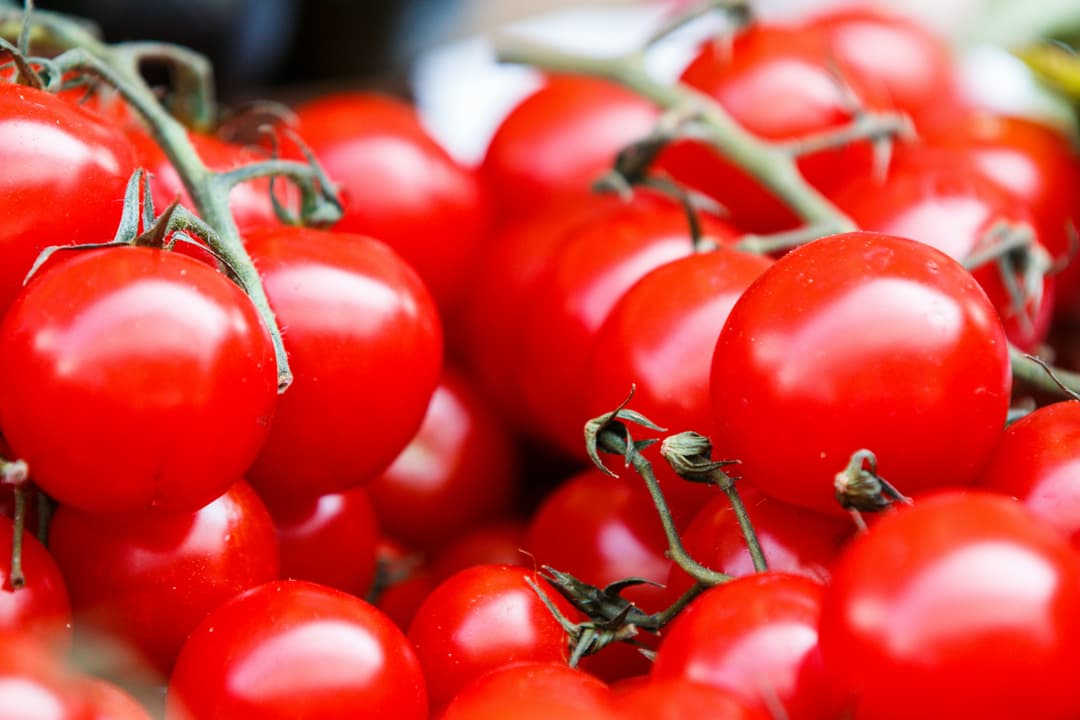
The Tomato Spectrum: From Whole to Paste
Whole Tomatoes: The Culinary Chameleon
Imagine an ingredient that gives you complete creative control. Whole tomatoes are your kitchen's Swiss Army knife—perfect for manufacturers who want maximum flexibility. They're the go-to for chefs and product developers who love to craft their own texture and experience.
Diced Tomatoes: Convenience Meets Precision
Ready-to-use and perfectly portioned, diced tomatoes are the efficiency expert of the tomato world. Ideal for soups, stews, and salsas, they save precious production time while delivering consistent, cube-perfect results. Pro tip for natural product lovers: watch out for those additives!
Crushed Tomatoes: The Smooth Operator
Sitting beautifully between chunky and smooth, crushed tomatoes are the ultimate multitaskers. They slide effortlessly into quick sauces, curries, and casseroles, offering a texture that's both rustic and refined.
Tomato Paste: The Concentrated Powerhouse
Think of tomato paste as liquid gold for food manufacturers. Hyper-concentrated and incredibly versatile, it's the secret weapon for creating rich sauces, ketchups, and base products. Bonus? It slashes shipping costs and extends shelf life!
Packaging: Size Matters in the Tomato World
Retail Packaging: Small but Mighty
Those 400-800 gram cans aren't just containers—they're your gateway to consumer kitchens. Perfect for households and small businesses looking for convenience and quality.
Bulk Packaging: The Industrial Innovator's Dream
Kilograms and beyond! These heavyweight champions are designed for serious food manufacturers, restaurants, and catering operations. They're not just packaging; they're a cost-effective solution that reduces waste and maximizes efficiency.
Quality: Not All Tomatoes Are Created Equal
Premium Grade: The Caviar of Tomatoes
Imagine tomatoes so perfect, they look like they've been hand-painted. Bright BRIX levels, uniform texture, and a color that screams "premium"—these are the tomatoes that elevate your product from good to extraordinary.
Standard Grade: Smart Sourcing, Smart Pricing
Balancing quality and cost like a financial wizard, standard-grade tomatoes offer reliability without breaking the bank. They're the practical choice for manufacturers who want consistent performance.
Organic: The Conscientious Choice
For the health-conscious and eco-friendly market, organic tomatoes are more than an ingredient—they're a statement. Free from synthetic pesticides, they appeal to consumers who care about what goes into their food.
How to Spot Tomato Greatness
Look for:
- Vibrant red color
- No blemishes or discoloration
- A perfect balance of sweetness and acidity
- A fresh, tomato-like aroma that makes your senses dance
Choosing the right canned tomato isn't just about sourcing an ingredient—it's about crafting an experience. Whether you're a manufacturer, supplier, or buyer, understanding these tomato types is your ticket to culinary innovation
Mastering Canned Tomato Sourcing: A Strategic Guide for Food Industry Professionals

Sourcing goes far beyond simply comparing prices; it's about building a robust, reliable supply chain that ensures consistent quality and long-term success.
The Supplier Selection Playbook: Your Roadmap to Success
Reliability stands as the cornerstone of effective sourcing. You need a supplier who's as dependable as a trusted business partner—someone who delivers on time, maintains consistent product quality, and responds rapidly to any challenges that arise. Look beyond surface-level promises and dig deep into their track record.
Certifications: Your Quality Assurance Shield
HACCP, ISO standards, and organic credentials aren't just fancy badges—they're concrete proof of a supplier's commitment to safety, quality, and regulatory compliance. These credentials tell you that a supplier takes their craft seriously and understands the nuanced requirements of the food industry.
Food Safety Certifications: Your Passport to Quality in European Tomato Sourcing
In the world of food manufacturing, certifications are more than just paperwork—they're your guarantee of quality, safety, and professionalism. For European buyers sourcing canned tomatoes, understanding Global Food Safety Initiative (GFSI) certifications isn't just important; it's essential.
The Gold Standards of Food Safety
Think of GFSI-recognized certifications like a VIP pass in the food industry. These aren't just stamps on a document; they're rigorous quality assurance frameworks that separate top-tier suppliers from the rest.
The Big Four Certifications
International Featured Standards (IFS): The German-French powerhouse of food safety. IFS is like the BMW of certifications—precision-engineered to ensure consistent quality and safety across the entire production process.
British Retail Consortium Global Standards (BRCGS): Born in the UK, trusted globally. BRCGS is the no-nonsense certification that retailers and major food brands rely on. It's the seal of approval that says, "We don't just meet standards—we exceed them."
Food Safety System Certification (FSSC 22000): The most internationally recognized of the bunch. FSSC 22000 is the Swiss Army knife of food safety—versatile, comprehensive, and respected worldwide. It goes beyond basic compliance to create a holistic food safety management system.
Safe Quality Food Certification (SQF): The American-born standard that's gained global respect. SQF is like the Harvard MBA of food safety—it demonstrates a commitment to quality that goes far beyond basic requirements.
Why These Certifications Matter
For a food and beverage industry professional, these certifications represent more than compliance. They're a promise of:
- Consistent product quality
- Reduced risk in your supply chain
- Credibility with end consumers
- Alignment with international food safety standards
The Human Side of Certification
Behind every certification is a commitment to safety, quality, and professionalism. These aren't just documents—they're a testament to a supplier's dedication to excellence.
Your Sourcing Strategy: Beyond the Stamp
When you're looking at suppliers, these certifications tell a story. They speak to:
- Rigorous quality control processes
- Commitment to continuous improvement
- Respect for global food safety standards
- Professional approach to manufacturing
The Relationship Game: More Than Just a Business Transaction
Professional sourcing is about building partnerships that mature and strengthen over time. Think of your ideal supplier relationship like a strategic alliance—one that grows more valuable with each interaction. The most successful partnerships provide priority access during market challenges, allow for collaborative innovation, and create mutual value beyond simple transactional exchanges.
Negotiation requires a delicate balance of firmness and flexibility. You're not just buying tomatoes; you're crafting a long-term business relationship. Smart professionals negotiate terms that include bulk order pricing, flexible payment structures, and volume commitments that benefit both parties. The goal is to create a win-win scenario that supports both your immediate needs and future growth.
Pro-Level Sourcing Tactics
Diversification is your risk management strategy. While building a primary supplier relationship, always maintain backup options. This approach protects your supply chain from potential disruptions and gives you negotiating leverage. It's about creating resilience without sacrificing the depth of your primary partnership.
The sample verification process is a critical ritual in professional sourcing. Before committing to large orders, always request and thoroughly assess product samples. This step allows you to verify quality firsthand, ensuring that the tomatoes meet your exact specifications and quality standards.
The Bigger Picture: Strategic Sourcing
Effective canned tomato sourcing is an investment in your business's future. It requires a holistic approach that combines rigorous supplier evaluation, relationship-building skills, and strategic negotiation. The most successful professionals view their suppliers not as mere vendors, but as critical partners in their production ecosystem.
Clear, contractual communication forms the foundation of these relationships. Your agreements should meticulously define expectations, outline precise quality standards, and specify consequences for non-compliance. Transparency eliminates misunderstandings and creates a framework of mutual respect and accountability.
Your Strategic Advantage
By approaching canned tomato sourcing with this comprehensive mindset, you transform a routine procurement process into a strategic competitive advantage. Each can of tomatoes becomes more than an ingredient—it's a testament to your commitment to quality, efficiency, and innovation.
From Farm to Table: A Tomato Lover's Guide to Global Sourcing
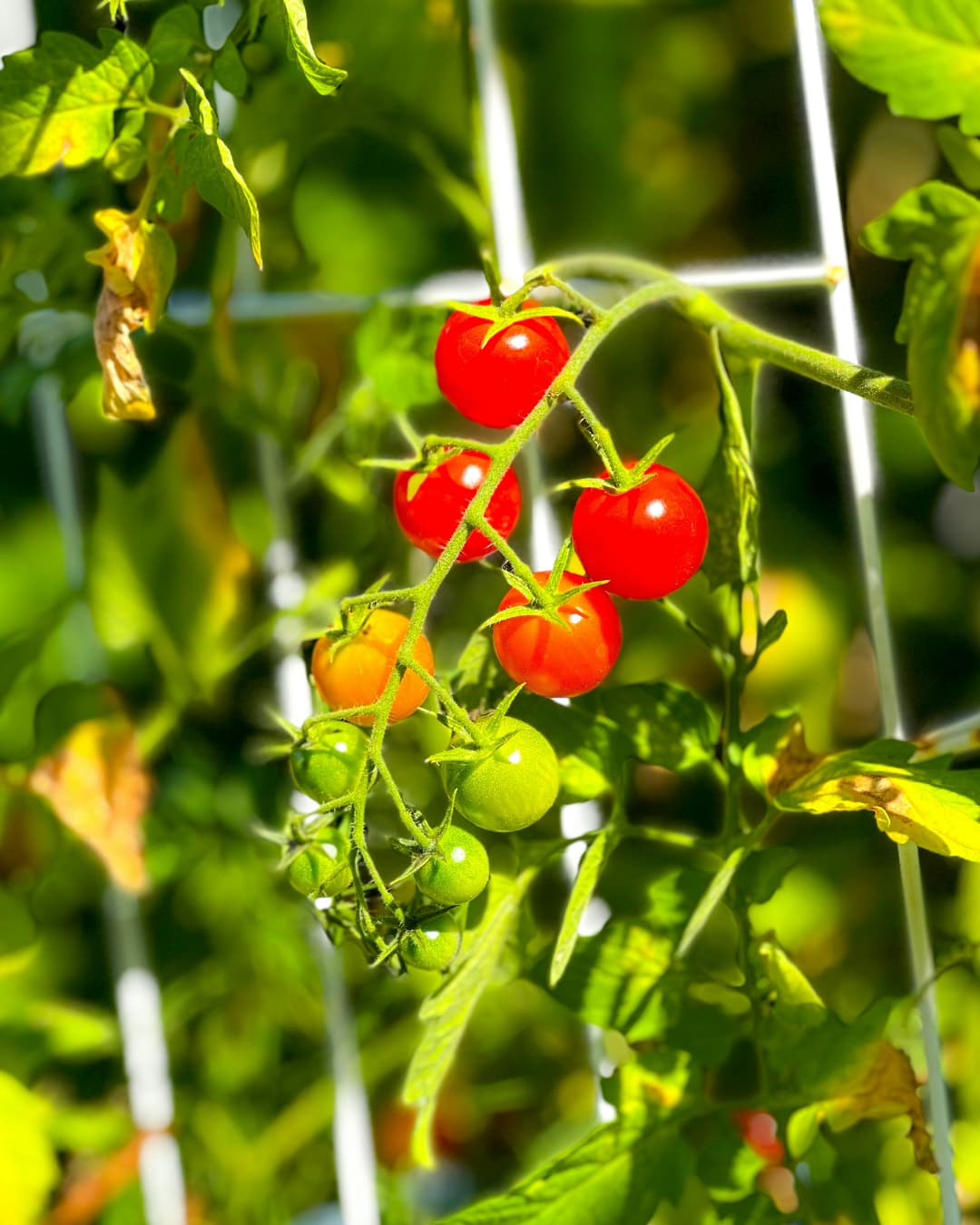
The Global Tomato Journey: More Than Just an Ingredient
Each region tells a story, and each can of tomatoes carries the legacy of its homeland.
Italy: The Tomato Maestros
Imagine walking through the sun-drenched fields of Campania, where San Marzano tomatoes aren't just produce—they're culinary royalty. These aren't just tomatoes; they're a generations-old craft, protected by DOP certifications that guarantee authenticity. Italian producers don't just grow tomatoes; they nurture them with a passion that transforms every can into a piece of Mediterranean heritage.
California: Where Innovation Meets Agriculture
California isn't just growing tomatoes; they're redefining agricultural excellence. Picture vast, meticulously managed fields where sustainability isn't a buzzword—it's a way of life. From organic to non-GMO, Californian tomatoes represent a commitment to quality that spans from small artisan producers to massive processing facilities.
The Rising Stars: Turkey, China, and Beyond
The tomato world is evolving, and emerging producers are changing the game. Turkey brings competitive pricing without sacrificing quality. China offers massive scale. India adds a vibrant flavor profile that's catching global attention.
Spain, Portugal, and Greece: These countries are notable European producers, offering high-quality tomatoes tailored to local and international cuisines. Their proximity to European buyers reduces transport costs, and many producers in these regions adhere to EU quality standards.
These aren't just alternative sources—they're game-changers in the global tomato market.
Usetorg.com: Connecting You to the Perfect Tomato Sources

Enter Usetorg.com—the game-changing platform that's like LinkedIn for food and beverage sourcing professionals. Here's why it's a total game-changer for European buyers:
Imagine having a digital marketplace that does all the hard work for you. Torg isn't just a platform; it's your personal tomato sourcing assistant. Want organic San Marzano tomatoes from a specific region of Italy? Need bulk paste from a verified Turkish supplier? Torg makes it as easy as scrolling through your favorite social media feed.
The platform's magic lies in its simplicity:
- Hyper-specific search filters that feel like they read your mind
- Supplier profiles with more transparency than a glass of sparkling water
- Direct communication tools that cut through traditional sourcing red tape
For food industry professionals, Torg represents something powerful: control, efficiency, and the ability to source globally without leaving your office.
The world of tomatoes is vast, vibrant, and full of possibility. Are you ready to explore?
Request a Bulk Order Quote
Simple ordering, transparent pricing, delivered straight to your door

